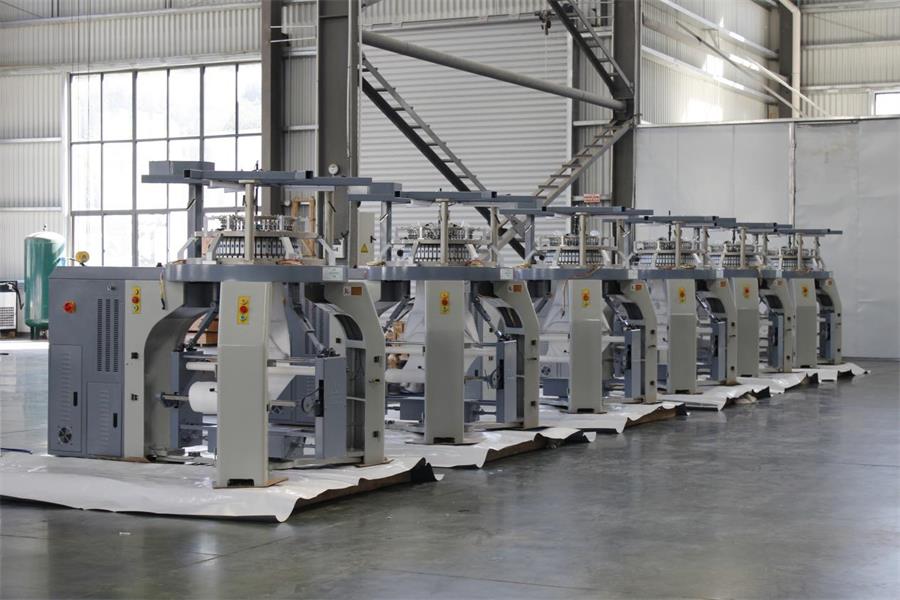The United Nations Conference on Trade and Development (UNCTAD) has called on global shipping and logistics to build supply chain resilience through increased investment in infrastructure and sustainability to prepare for future crises. UNCTAD is also urging ports, fleets and hinterland connections to transition to low-carbon energy.
According to UNCTAD’s flagship publication, ‘Maritime Transport in Review 2022′, the supply chain crisis of the past two years has shown a mismatch between supply and demand for maritime logistics capacity leading to soaring freight rates, congestion and severe disruptions in global value chains.
With data showing that ships carry more than 80% of the world’s traded goods, and an even higher share in most developing countries, there is an urgent need to build resilience to shocks that disrupt supply chains, fuel inflation, and affect the lives of the poorest. published in the report of this publication.
UNCTAD calls on countries to carefully assess potential changes in shipping demand and develop and upgrade port infrastructure and hinterland connections, while engaging the private sector. They should also enhance port connectivity, expand storage and warehousing space and capacity, and minimize labor and equipment shortages, according to the report.
The UNCTAD report further suggests that many supply chain disruptions could also be mitigated through trade facilitation, notably through digitization, which reduces waiting and clearance times at ports and speeds up document processing through electronic documents and payments.
Soaring borrowing costs, a gloomy economic outlook and regulatory uncertainty will discourage investment in new ships that cut greenhouse gas emissions, the report said.Soaring borrowing costs, a gloomy economic outlook and regulatory uncertainty will discourage investment in new ships that cut greenhouse gas emissions, the report said.
UNCTAD urges the international community to ensure that countries most negatively affected by climate change and least affected by its causes are not negatively affected by efforts to mitigate climate change in maritime transport.
Horizontal integration through mergers and acquisitions has revolutionized the container shipping industry. Shipping companies are also pursuing vertical integration by investing in terminal operations and other logistics services. From 1996 to 2022, the share of the top 20 carriers in container capacity increases from 48% to 91%. Over the past five years, the four major operators have increased their market share, controlling more than half of the world’s shipping capacity, the report said.
UNCTAD calls on competition and port authorities to work together to address industry consolidation through measures to protect competition. The report urges greater international cooperation to combat cross-border anti-competitive behavior in maritime transport, in line with United Nations competition rules and principles.
Post time: Dec-03-2022


